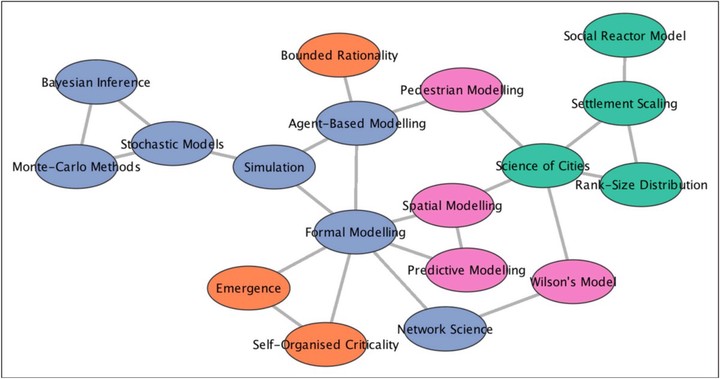 Complexity Science in Roman Studies
Complexity Science in Roman Studies
Abstract
Complexity science refers to the theoretical research perspectives and the formal modelling tools designed to study complex systems. We argue complexity science and formal modelling have great potential for Roman Studies by offering four key advantages; 1) the ability to deal with emergent properties in complex Roman systems; 2) the means to formally specify theories about past Roman phenomena; 3) the power to test aspects of these theories as hypotheses using formal modelling approaches; and 4) the capacity to do all of this in a transparent, reproducible, and cumulative scientific framework. We present a ten-point manifesto that articulates arguments for the more common use in Roman Studies of perspectives, concepts and tools from the broader field of complexity science.